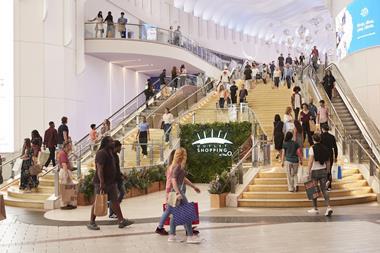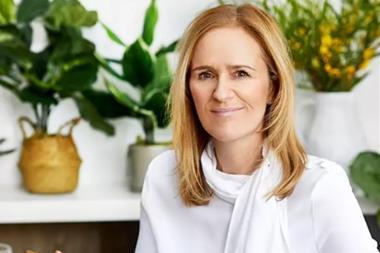Marks & Spencer will pass on higher business costs to consumers by raising prices later this year, executive chairman Sir Stuart Rose revealed.
Rose insisted that the increase of about 3 per cent would be handled carefully so that Marks & Spencer’s reputation for value, which he said helped it beat first-quarter trading expectations, is not jeopardised.
Like other retailers, Marks & Spencer is being hit by factors such as the weakness of sterling. That has raised the cost of overseas sourcing, which accounts for a high proportion of general merchandise. Last month PwC said rising import costs would hit shoppers’ wallets to the tune of £10bn as retailers shoulder a £20bn burden.
Rose – who next week faces a stormy AGM – said food prices were likely to remain static and the price increase in affected categories would be carefully managed.
He said that Marks & Spencer’s success depended on giving shoppers “damn good value and innovation” and that would not be put at risk. “We’ll be very cautious,” he maintained.
Marks & Spencer is the latest retailer to acknowledge the need for price increases. Home Retail-owned Argos, for instance, has already upped a range of prices while retaining its reputation for value.
Pali analyst Nick Bubb thought the increases would not drive shoppers away and that the new year rise in VAT would be a bigger issue.
On Wednesday Marks & Spencer confounded expectations when it reported a 2.9 per cent rise in group sales. UK like-for-likes fell 1.4 per cent overall. General merchandise was down 2.4 per cent. Although food slipped 0.5 per cent, it was the third consecutive quarterly improvement, reflecting better availability and value.
Rose also said consumer confidence appears to be stabilising.
Investec analyst Katharine Wynne was pleased by the update and said: “The cycle of forecast downgrades looks to have decisively ended at Marks & Spencer.”
However, Credit Suisse’s Tony Shiret said: “Marks & Spencer needs investment to address a significant number of legacy issues. This will hold back earnings progression as the wider economy recovers.”
























No comments yet